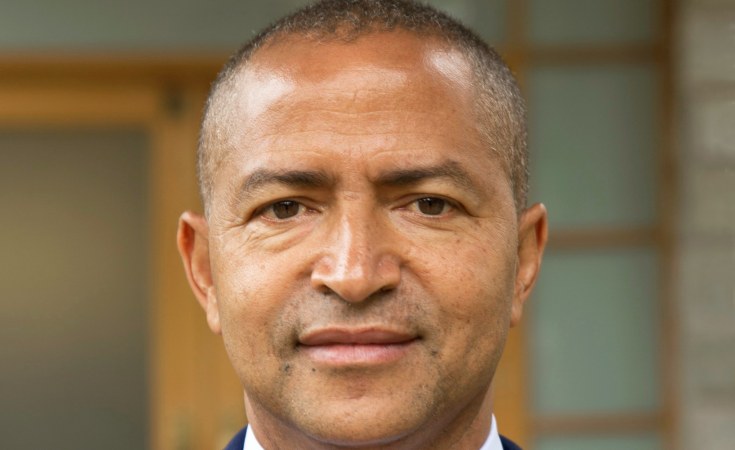The M23 movement operating in the Democratic Republic of Congo (DRC) has cast doubt on the upcoming Congolese elections amidst the ongoing conflict in the Eastern part of the country.
The M23 President Bertrand Bisimwa says organising an election while ignoring areas under their command is senseless. The DRC elections are slated for 20th December this year.
The Democratic Republic of Congo is gearing up for high-stakes elections on December 20, with incumbent President Felix Tshisekedi facing a crowded field of challengers that includes the runner-up in the disputed 2018 vote and a Nobel Peace Prize laureate.
But despite the huge investment in the polls, estimated to be around 600 million US dollars, the DRC is still faced with logistical and security challenges in the Eastern part of the country where about 120 rebel groups operate including M23, that could dodge the polls.
Speaking to the media in Bunagana in DRC, the M23 leader Bertrand Bisimwa criticized the upcoming election, saying it serves no purpose.
Some 44 million people are eligible to cast their ballots in the December 20 presidential contest - just under half the population of sub-Saharan Africa's largest Country. Voters will also be electing members of the national parliament and of regional assemblies in DRC's 26 provinces, as well as local councillors.
The M23 leadership however accuses the DRC government of violating the February 2023 peace deal, which proposed a ceasefire from both parties.
Incumbent Tshisekedi faces a crowded field of 25 challengers vying for the top job, including Martin Fayulu the 2018 runner-up who claimed he was allegedly robbed of victory five years ago.
Other high-profile candidates include Moïse Katumbi, a prominent businessman and former governor of Katanga province among others.
Tshisekedi's rivals say he has failed to stem the plunder of DRC's abundant mineral resources and to bring peace to the country's war-torn east. However, the M23 has questioned the international community's silence on alleged acts of ethnic cleansing by the Kinshasa government against its population.


